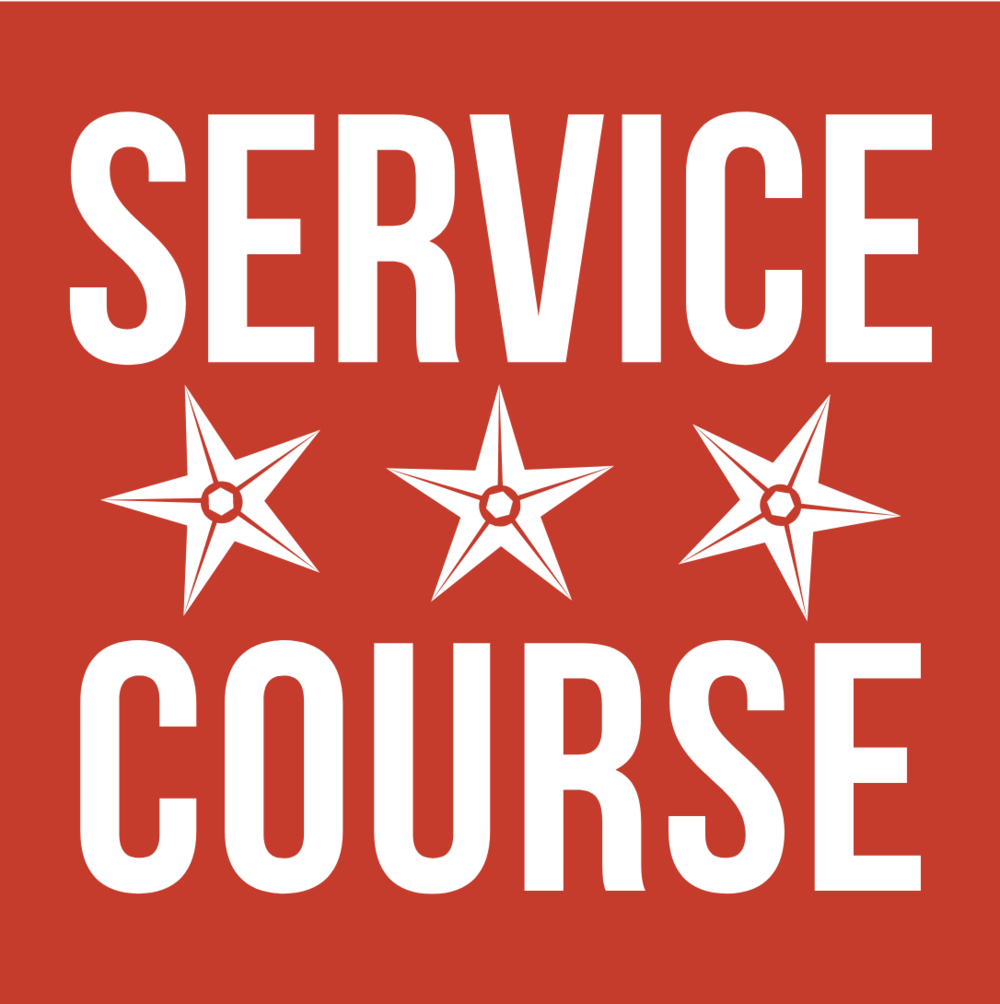I’ve been packing things up lately, part of a long running plan to declutter, put the house on the market, and change locations. Somewhere in that effort, I cleared out a neglected filing cabinet full of race coverage ephemera.
Inventory included, among other things: Two roadbooks from Liege-Bastogne-Liege, one rippled and peeling from the soaking I got after the finish as I chased second-placed Jens Voigt around the parking lot for a quote, one somehow pristine. I don’t remember why. A program from the Zesdaagse Vlaanderen-Gent, with cryptic, notated math in the margins, trying to divine six day scoring through a Hoegaarden haze. A meal ticket for a sack lunch to be picked up the morning of Gent-Wevelgem—oddly thick, slick, and durable for an ostensibly disposable product. Eight inches worth of Philadelphia International press kits, almost indistinguishable from year to year except for the bank logo in the corner and another name added to the list of winners. A thing – a picture holder? – with a flexible wire arm; it says Lotto on its plastic base and terminates in a roach clip. A yellow foam keychain from a Belgian designated driver program, marked with ballpoint pen where the bartender showed me how to cut the letters so it would read “Dick” in Flemish.
Race t-shirts are usually terrible, and my tourist town upbringing gave me an aversion to manufactured souvenirs, so these things—paper, mostly, with a few assorted oddities tossed in—are my keepsakes from an intermittent occupation of chasing bike races. There are a few other things I wish I’d brought back that I didn't, but not many. I should have grabbed a Sojasun cap from the Tour de France last year, and I would have brought back more beer glasses from the barware store in Gent if I’d known how many I’d lose to breakage over the years. But the best souvenir I didn’t get from a race I covered was the one I didn’t get from Paris-Roubaix in 2004.
I was standing at the back of the velodrome shower, maybe 15 minutes after the finish, straight in from the door on the opposite side of the room from the pull-chain showers you’ve seen pictures of. I was stalking third-placed Roger Hammond for an interview and watching wretched bodies slump into the concrete changing stalls between me and what looked like some painfully cold water, tradition or not.
Each of those little stalls, maybe four feet wide and a little
over four feet tall, has a plaque with a Roubaix winner’s name on it, and the
year or years they won.
They make those plaques in advance, just like the SuperBowl Champion hats and t-shirts that appear on the winning team seconds after the game clock runs out, which means that just as there are people in aid-assisted countries in Africa wearing inaccurate NFL regalia, there exist discarded little brass Roubaix shower plaques that are dead wrong. And for a split second I saw them, pulled furtively from the pocket of one of European bike racing’s ubiquitous gruff-portly-gray-haired-black-leather-jacketed-men by fingers that looked like cigars.
They make those plaques in advance, just like the SuperBowl Champion hats and t-shirts that appear on the winning team seconds after the game clock runs out, which means that just as there are people in aid-assisted countries in Africa wearing inaccurate NFL regalia, there exist discarded little brass Roubaix shower plaques that are dead wrong. And for a split second I saw them, pulled furtively from the pocket of one of European bike racing’s ubiquitous gruff-portly-gray-haired-black-leather-jacketed-men by fingers that looked like cigars.
Johan Museeuw
1996 2000 2002 2004
1996 2000 2002 2004
The Lion retired that day, never matching DeVlaeminck’s four
wins.
Peter Van Petegem
2003 2004
2003 2004
Museeuw’s foil, de Peet didn’t repeat, and never got his
second Roubaix.
Stefan Wesseman
2004
2004
He was never a legend, but Wesse’s win at the Ronde the
previous Sunday and his second at Roubaix in 2002 put him on the top contenders
list.
George Hincapie
2004
2004
So close, for so many years. There were few saints back
then, but it’s probably better now that it didn’t happen, anyway.
There were others I either couldn’t quite see or can’t quite
remember, maybe six or so total, fanned out like a poker
hand. And before I could do anything but pivot, push my way in and snap picture
that didn’t turn out, they were gone, and I was chasing Wesseman’s soigneur to
find out where he went. (I finally found Hammond at the Mr. Bookmaker-Palmans
camper—not bus, camper—where he gave a great interview.)
Like I said, I keep roadbooks and press passes from races
I’ve covered, but other than that, I don’t really collect much. There’s not
much time while I’m there or space for it at home. But I’ve always regretted
not finding a way to get my hands on an erroneous Roubaix plaque.
I just like what they represent, which to me is less about victories
denied and more about the possibilities present on the morning of every bike
race. So many potential outcomes, all but one of them incorrect, but in their
way just as much a part of that day as the actual result, and just as important as the plaque they’d have to fabricate after the fact, because few saw the winner coming even well into the race.
Magnus Backstedt
2004
********************************
This post brought to you by Service Course Original and B.Y.O.B. Wash Kits. People like them.
